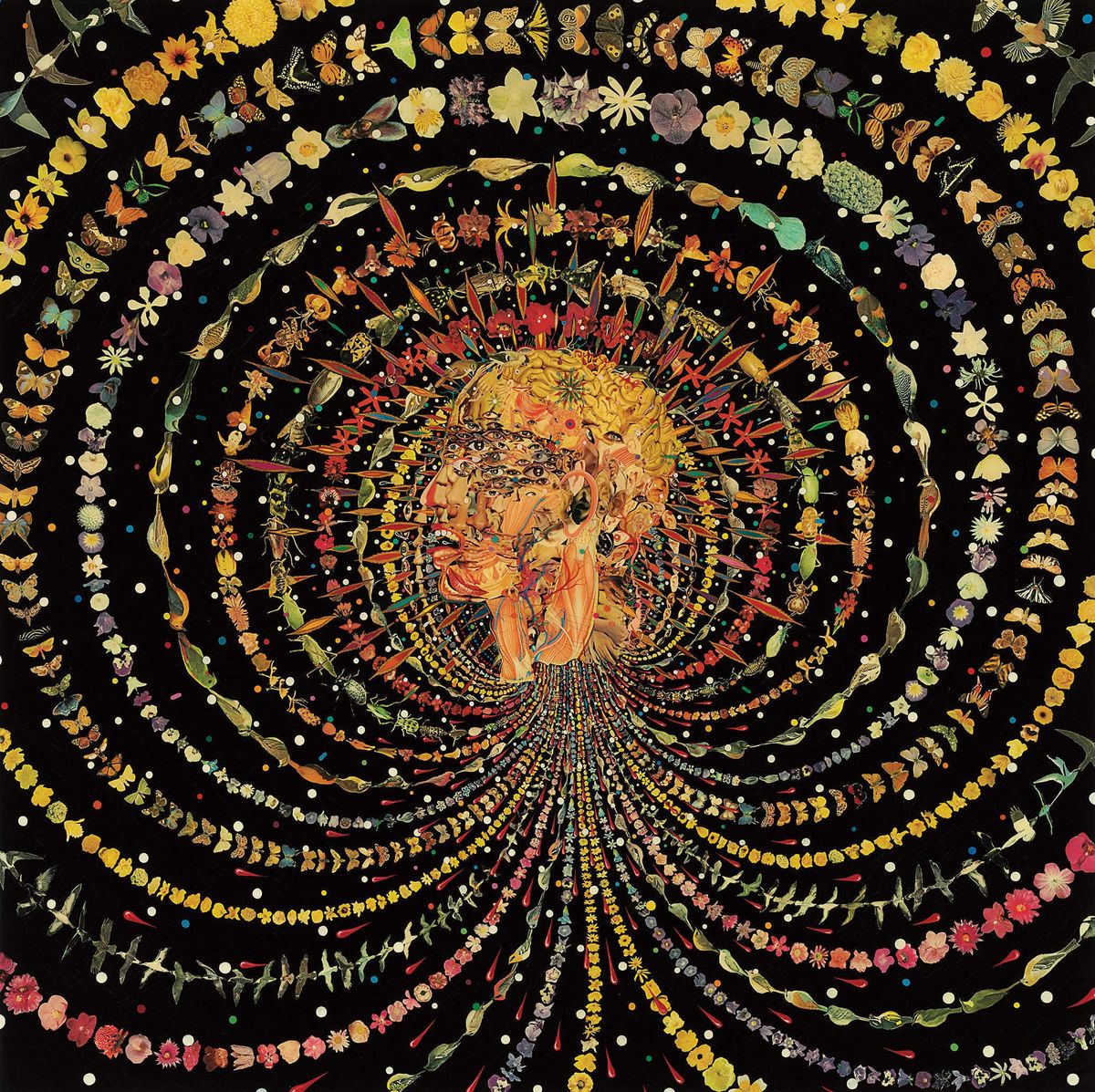Giving up on the ghost of consciousness
Consciousness refers to the private, subjective experience of being aware of perceptions

Thoughts, feelings, behaviours, memories (our psychological contents) and includes the intimate intuitive experience of a unified self with the capacity to generate and control actions and psychological contents. This compelling, intuitive consciousness-centric account continues to shape both folk and scientific accounts of psychology and human behaviour.
Over the last 30 years, research from the cognitive neurosciences has challenged the intuitive account when providing a neurocognitive architecture for human psychology. Growing evidence suggests that the executive functions typically attributed to the experience of consciousness are carried out competently, backstage and outside subjective awareness by a myriad of fast, efficient non-conscious brain systems.
While it remains unclear how and where the experience of consciousness is generated in the brain, we suggest (Halligan & Oakley, 2000; Oakley & Halligan 2017) that the traditional intuitive account attributing executive functions (i.e. that consciousness is causally efficacious) is wrong-headed and that any formal scientific account of psychological processes (both experienced and non-experienced) should be consistent with the biophysical causally dependency of prior neural processes.
Notwithstanding the compelling 1st-person experience that convinces us that subjective awareness is the mental curator of our actions, we argue that in terms of constructing a cognitive neuroscientific understanding of human psychology, that maintaining these functional attributions are unhelpful. Instead, taking a 3rd person perspective, we propose that subjective awareness, the experiential heart of the consciousness-centric account, is (no more) than our experience of being aware, our awareness of our psychological content, knowing that we are aware, and the mistaken belief that that such experiences are evidence of an agentive capacity shared by others. While the human mind may be described as comprising both conscious and nonconscious aspects, conscious experience (subjective awareness) ultimately depends on non-conscious processes and both depend on neural process in the brain.
In resurrecting the counter-intuitive “epiphenomenal” perspective, we advocate taking a scientific approach to mind which considers all mental states including consciousness in terms of their underlying, preceding (causal) brain changes, and the realisation that many brain processes are not necessarily accompanied by any discernible change in subjective awareness.
Read the full article at the original website
References:
